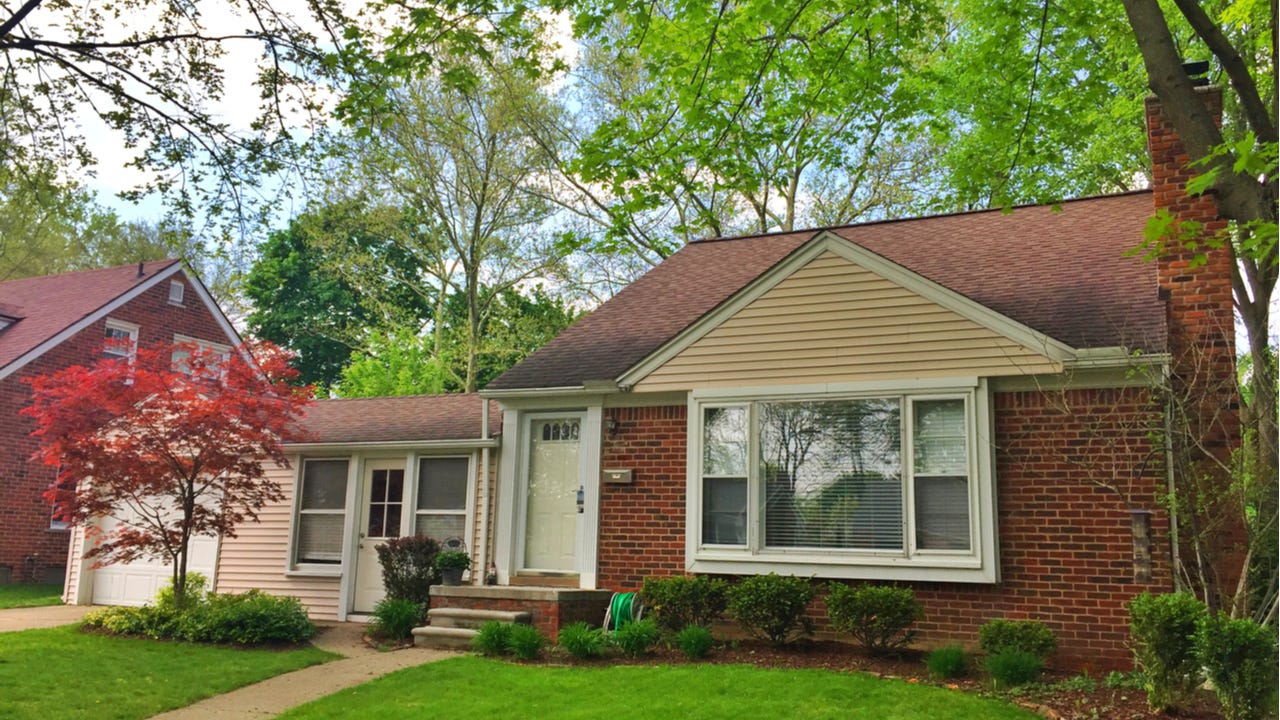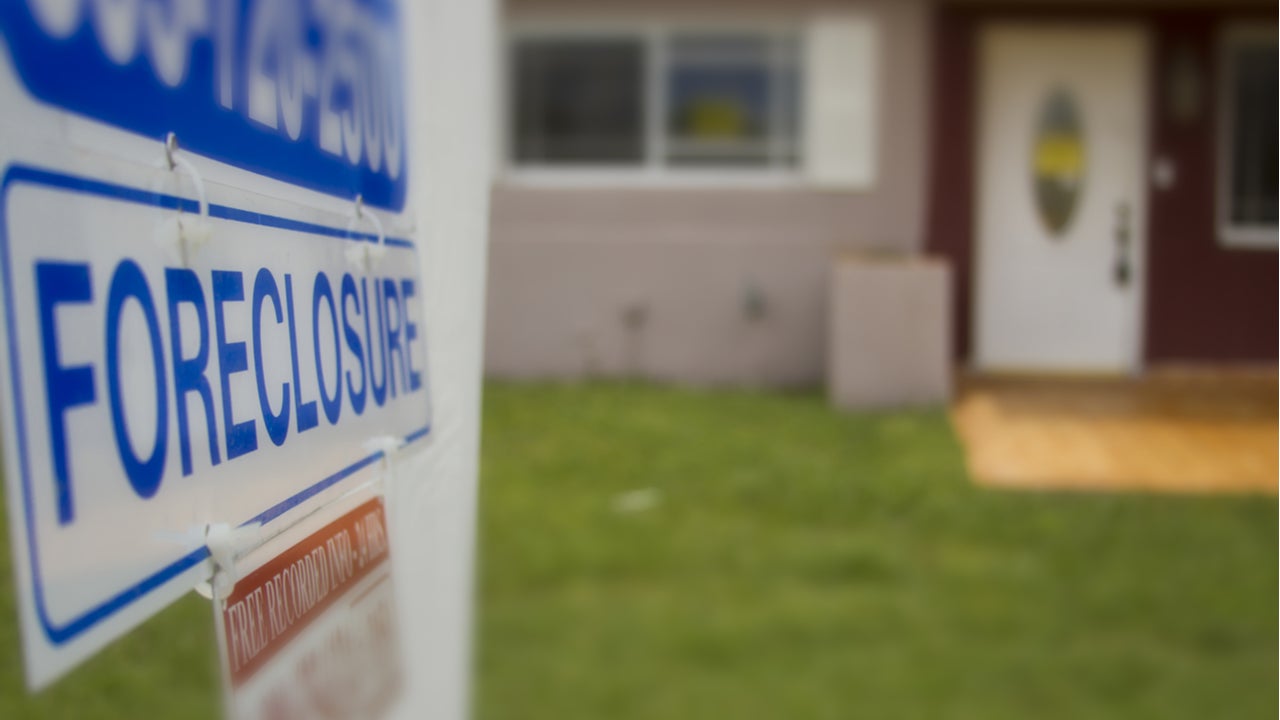How do you pay back a reverse mortgage?

Key takeaways
- The most common route to repay a reverse mortgage involves using the funds from the sale of the home to satisfy the loan.
- Some borrowers choose to repay a reverse a mortgage by refinancing, taking out another mortgage or simply handing over the deed to the lender.
- If the borrower dies, heirs typically have 30 days to repay the reverse mortgage, though some lenders grant 90-day extensions if heirs can show they’re working to sell the home.
When do you need to pay back a reverse mortgage?
In general, a reverse mortgage must be repaid in full if the last surviving borrower or eligible non-borrowing spouse:
- Dies
- Sells the home
- No longer lives in the home as their primary residence
The last scenario might occur if the borrower enters an assisted living facility, for example, or moves in with family or downsizes. However, if the borrower is in assisted living or any other healthcare facility — such as a hospital or rehab center — for more than 12 consecutive months, a non-borrowing spouse might still be able to live in the home without repaying the loan. If the borrower leaves the home for any reason and the spouse is a co-borrower, the spouse might also be able to continue to live in the home without repaying the loan.
If the last surviving borrower or eligible non-borrowing spouse dies, heirs have 30 days from the lender’s due and payable notice to sell, buy, or transfer the home to satisfy the debt. However, this timeline might be extended up to six months to allow heirs to sell the home or secure their own loan.
“Most people repay the loan when the owner dies, since the majority of people who use reverse mortgages are those who already have a significant amount of home equity,” says Cliff Auerswald, president of All Reverse Mortgage, a reverse mortgage lender.
There are other situations, though, when the loan could need to be repaid sooner. This can happen if the borrower stops paying homeowners insurance or property taxes on the home, or stops maintaining the home and it falls into disrepair.
How do you pay back a reverse mortgage?
There are several ways to pay back a reverse mortgage early or when it comes due. Here are six scenarios to consider.
Option 1: Sell the home and pay the reverse mortgage back with the proceeds
Once payment comes due, either the borrower or their heirs can decide to simply sell the home to pay off the loan. The proceeds of the sale go first toward paying off the lender. The borrower, or their estate, keeps whatever is left over after paying the debt.
Keep in mind: Selling might still be an option even if the home’s value is lower than the loan’s balance. The Federal Housing Administration (FHA), the agency that backs home equity conversion mortgages (HECMs), the most common type of reverse mortgage, considers the loan terms satisfied if the heirs sell the home for 95 percent of its appraised value.
Option 2: Refinance the reverse mortgage
If you’re the borrower and wish to move out of the home, but not sell it, you can refinance your reverse mortgage into a traditional mortgage with the usual monthly payments, provided you qualify.
“Refinancing it back into a traditional loan will mean having to make regular payments toward the mortgage again,” says Tabitha Mazzara, director of operations at Mortgage Bank of California, “but it would also mean keeping the house as part of your estate.”
Option 3: Take out a new mortgage
If the borrower’s heirs want to keep the home, they can simply take out a new mortgage on the house to pay off the balance of the reverse mortgage. This is much like refinancing the loan as the original borrower.
The heirs can then use the home however they wish, so long as their mortgage allows for it. For example, they might choose to live in the home or use it as an investment property.
Option 4: Pay off the reverse mortgage in cash
If the heirs have enough liquid funds, they might opt to pay off the reverse mortgage in cash. To do this, the heirs must request the payoff in writing, including the following information:
- FHA case number
- Borrower and requestor’s names
- Property address
- Anticipated payment date
- An email and/or mailing address for the payoff statement
Option 5: Provide a deed in lieu of foreclosure
If all else fails, the borrower or their heirs can simply give the deed to the home to the lender. This is known as a deed in lieu of foreclosure. This avoids the process of a regular foreclosure, but it also means the borrower or heirs lose the home, potentially a large family asset. For this reason, it’s usually more advantageous to try to sell or keep the home.
Option 6: Use the right of rescission
This option only applies if you’re very early in the process of getting a reverse mortgage. Most reverse mortgages allow you to cancel the agreement within three business days of closing, known as the right of rescission, without penalty. To do so, you must notify the lender in writing within this period (including Saturdays, but not Sundays or public holidays) and send your letter by certified mail with a return receipt for documentation.
Once canceled, the lender has 20 days to return any money you’ve paid and release the security interest on your home, while you must return any funds or property received after the security interest is terminated.
How to get out of a reverse mortgage with a bad credit score
If you have a bad credit score, some reverse mortgage repayment options like refinancing might be off the table. In this case, your best bet is likely selling the home, repaying the loan and walking away with any remaining cash in your pocket.
Can you pay off a reverse mortgage early?
There are no rules that prevent you from paying off a reverse mortgage early. The most straightforward way to do so is to begin making payments on the loan ahead of time. This will also reduce the amount of interest you owe because interest won’t accrue on the balance paid off.
You could also get out of a reverse mortgage by paying a lump sum if you have the funds to do so. Alternatively, you might be able to refinance the reverse mortgage into a regular mortgage.
Reasons to get out of a reverse mortgage
As life evolves or your needs change, you might realize that a reverse mortgage no longer makes sense for you. The more common reasons to get out of a reverse mortgage include:
- You no longer need the money: If your financial circumstances improve and you no longer need more income, you might not want to stay tied to a reverse mortgage.
- The money isn’t enough to cover your costs: Even without a monthly mortgage payment, you’ll still have to pay for home maintenance, home insurance and property taxes. If these costs become too steep, exiting the reverse mortgage and moving to a less-expensive home could make your expenses more manageable.
- You want to move: If you want to move and the home will no longer be your primary residence, you’ll need to exit the reverse mortgage contract.
- You want to ensure your heirs can keep the property: A home is a significant asset that you might want to leave to your heirs when you pass away. If this is the case, it could make sense to get out of the reverse mortgage to avoid any complications they may face after your death.
FAQ
Why we ask for feedback Your feedback helps us improve our content and services. It takes less than a minute to complete.
Your responses are anonymous and will only be used for improving our website.







